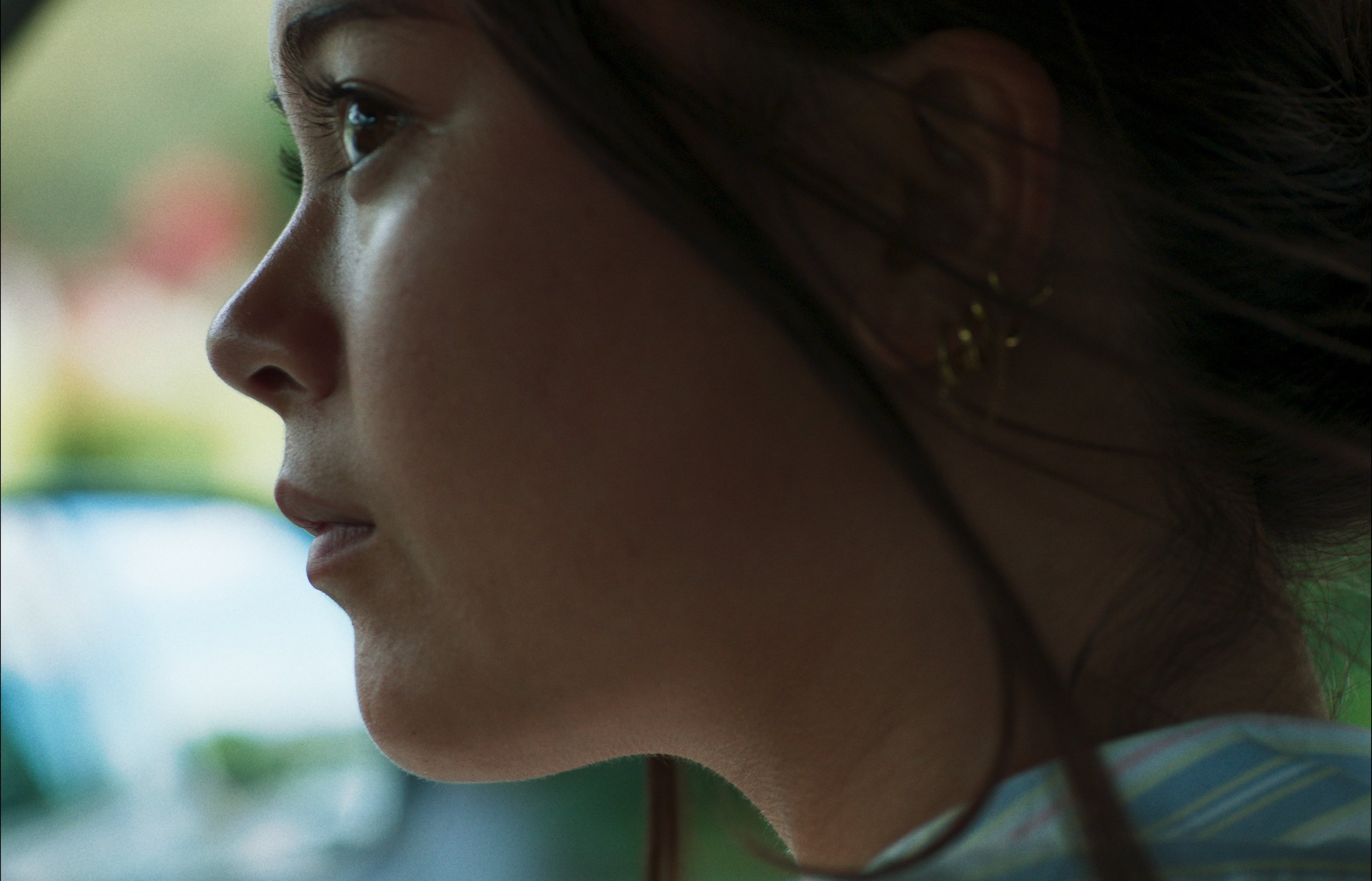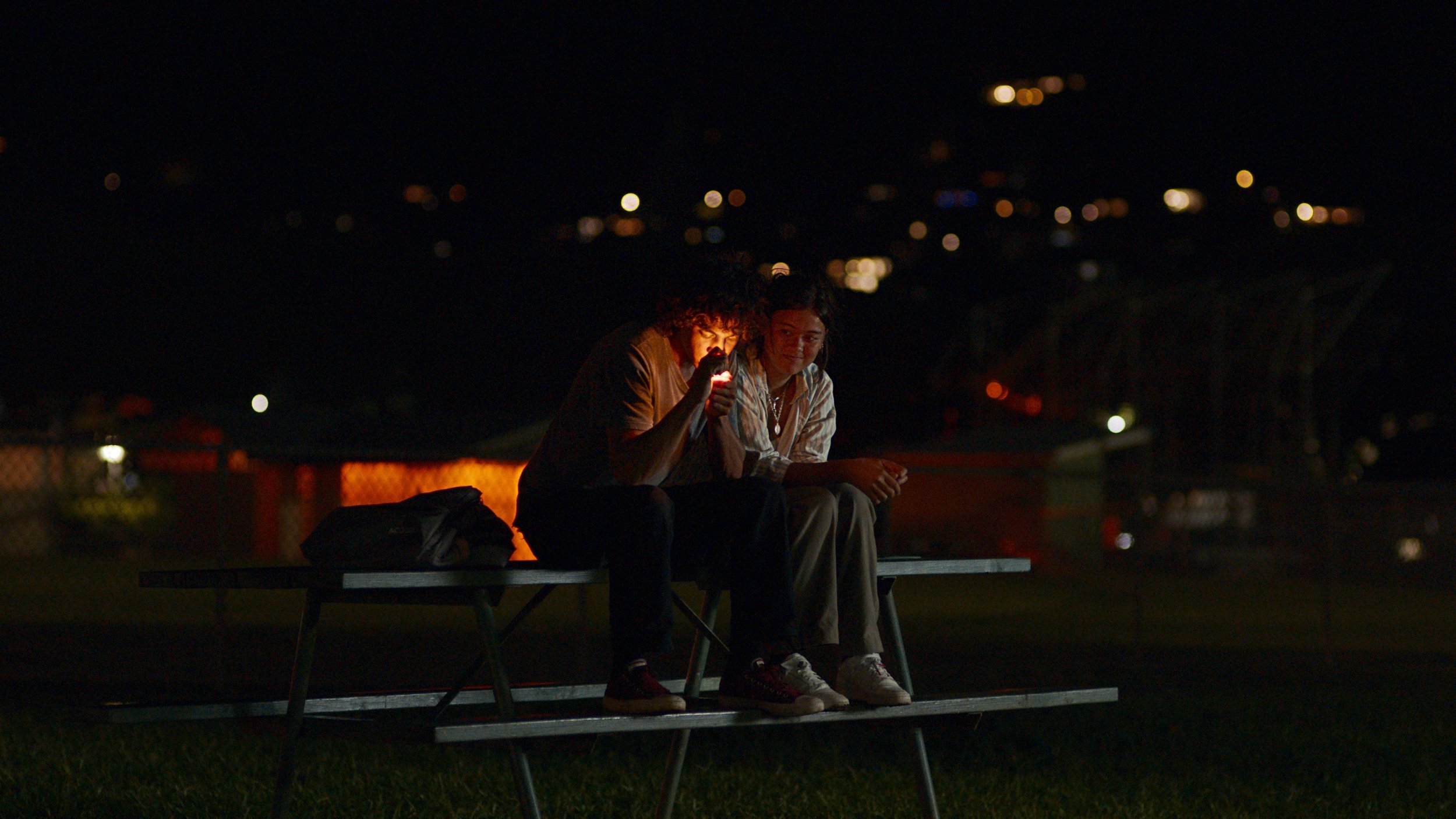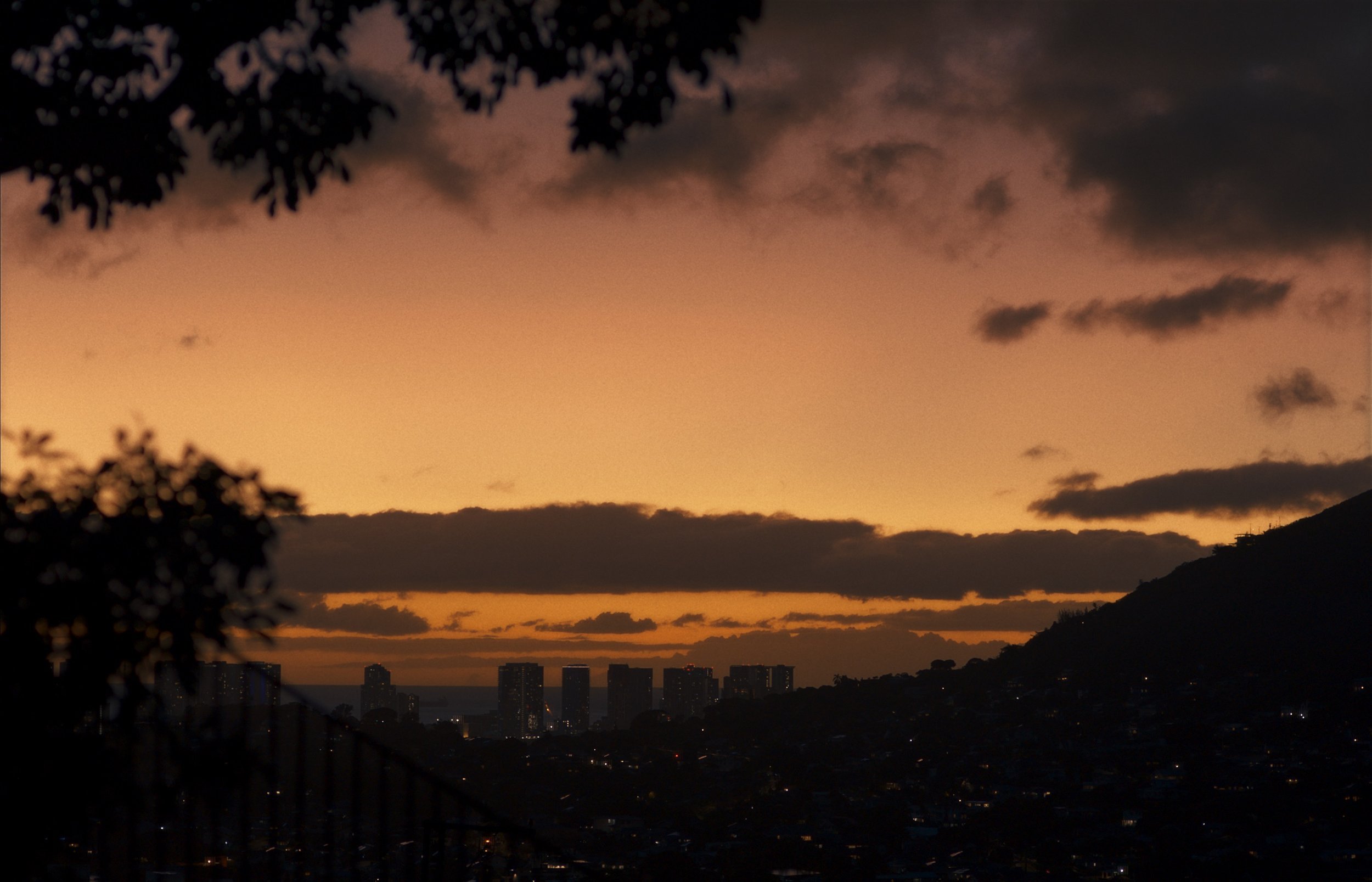Mānoa Valley, a short film directed by Emily May Jampel, explores friendship, memory, and loss against the backdrop of Honolulu’s Mānoa Valley. This poignant film, available for streaming on MCTV, is the inaugural recipient of the MCTV Special Selection, celebrating independent cinema that pushes the boundaries of storytelling.
The delicate art of capturing fleeting moments on film—moments that pass through our lives like sunlight filtering through the trees—has always been at the heart of meaningful cinema. And with the inaugural MCTV Special Selection laurel, the short film Mānoa Valley, written and directed by Emily May Jampel, does precisely this. The film, which now resides on MCTV, is more than a story; it’s an atmospheric exploration of friendship, transience, and the weight that memories carry when people part ways. For the first recipient of the MCTV Special Selection, Mānoa Valley arrives with a quiet, almost meditative grace, the kind of film that feels less like a narrative and more like a snapshot of a particular time and place. The MCTV Special Selection is an honor that speaks to films that push the boundaries of independent cinema, and Mānoa Valley is a worthy recipient. It is an exploration of the impermanence of life, told through a day spent in the lush backdrop of Honolulu’s Mānoa Valley, a location that itself seems to pulse with a life of its own. The narrative of Mānoa Valley is deceptively simple. Two friends spend a summer day together before one of them is about to leave for New York City, the city where everything seems to move at a pace entirely different from the island’s relaxed rhythm. The film’s simplicity, however, does not lessen its emotional weight. It invites us into the intimate spaces between the characters—the quiet moments where time seems to stretch just long enough to savor the feeling of being in each other’s presence. The film captures the warmth of friendship, the sadness of impending separation, and the quiet anticipation of a future unknown.

At its core, the film asks us to reflect on the impermanence of relationships and the emotional imprint they leave long after they have passed. The idea of friendship as something that can never quite be the same once time, distance, and life have their say is one that resonates deeply with anyone who has felt the sharp pang of goodbyes. How do we navigate the spaces left by people when they move on? What does it mean to be in someone’s life, even briefly, and to leave something of yourself behind? Emily May Jampel’s direction is careful, almost reverential, of the fleeting moments she captures. Every frame feels intentional, from the soft hues of the valley’s misty mornings to the golden light that permeates the film’s conclusion, signaling the end of summer, of a chapter in these characters’ lives. Jampel’s attention to the visual texture of Mānoa Valley enhances the emotional resonance. The environment feels alive, and with it, the characters are not simply in the landscape—they are part of it, blending with its rhythms and sensibilities. Their emotions, ever so subtly conveyed through expressions and gestures, seem to emerge from the very fabric of the place.
On the surface, Mānoa Valley is about two friends preparing to part ways. Yet beneath this simple narrative lies a deeper exploration of the nature of memories, identity, and the passage of time. How much of ourselves do we carry with us when we move away from a place, a person, or a moment? And when the physical distance between us and the people we care about increases, does the emotional distance grow, too? The film reflects on these questions, presenting them in a way that invites personal interpretation, leaving viewers to find their own meanings in the spaces between the dialogue, in the spaces between the characters. What makes the film particularly powerful is its refusal to give easy answers. The characters, played by Lukita Maxwell (Iris) and Derec Patrick Juan (Ben), carry with them a quiet complexity. The ambiguity in their relationship, expressed without excessive dialogue, speaks volumes. Are they more than friends? Is their parting a moment of personal growth, or is it a loss they’ll carry with them? Mānoa Valley leaves these questions open-ended, a reminder that some things are simply too complicated to resolve within the confines of a short film. The film’s thematic richness is enhanced by its ability to evoke a universal experience—the feeling of standing on the precipice of change and the strange mixture of sadness and excitement that comes with it.

At the heart of Mānoa Valley lies the combined vision of its creative team. Emily May Jampel’s background as a development executive at The Department of Motion Pictures—known for films like Beasts of the Southern Wild—infuses the film with a distinct sense of narrative sophistication. Jampel has carved out a reputation as a director who understands the power of subtlety and the importance of atmosphere, and Mānoa Valley is a testament to this. The performances by Lukita Maxwell and Derec Patrick Juan—particularly Juan in his acting debut—are striking in their naturalism. Their chemistry is palpable, even in the most quiet moments of the film. Producer Diane Ng, whose experience includes a Grand Prix at Berlinale for her work on Hummingbirds, brings a refined sense of cinematic storytelling to Mānoa Valley. Working with an international team—including cinematographer Scott Ray and composer Holden Mandrial-Santos—Ng has helped create a film that feels both intimate and expansive, much like the landscape it portrays. The soundtrack by Mandrial-Santos underscores the emotional beats of the film, weaving in subtle melodies that seem to echo the characters’ internal struggles and joys. The collaborative nature of this project reflects the very theme of the film itself—the intertwining of people, moments, and spaces, each contributing to the whole. It’s not just the characters who form connections within the story, but the filmmakers, too, weaving their individual threads into a cinematic tapestry that resonates with viewers long after the credits roll.

Mānoa Valley is a reminder of the power of independent cinema to capture the complexity of human experience. In an era where blockbuster films often dominate the cultural conversation, it is films like this—quiet, reflective, and emotionally rich—that stand as reminders of why we continue to turn to cinema for understanding and connection. As an audience, we must ask ourselves what we expect from cinema. Do we seek escapism, or are we looking for something that reflects our own complexities and contradictions? In a world increasingly dominated by fast consumption and immediate gratification, Mānoa Valley offers a moment of reflection, an invitation to pause and consider the deeper meanings of our relationships and the spaces between them. What do we take with us when we leave? And what do we leave behind? As the inaugural recipient of the MCTV Special Selection, Mānoa Valley sets a high bar for the films to come. MCTV’s mission, which includes celebrating and amplifying the voices of independent filmmakers, offers a platform for films that push the boundaries of storytelling and challenge conventional notions of narrative. As we continue to look for films that spark conversation and stir emotions, Mānoa Valley stands as a testament to the power of independent cinema to delve deep into the human experience with tenderness and thoughtfulness. With more films to come in the future, it’s clear that MCTV is poised to become a central hub for cinematic works that dare to explore the quiet, subtle, and often unspoken aspects of life. Just as the film itself lingers in our minds, so too will the films that follow, each offering a moment of pause in the rush of our daily lives. For now, Mānoa Valley is available for streaming on MCTV—offering a poignant reflection on friendship, loss, and the beauty of moments that pass through our fingers like sand. It’s a film worth watching, but perhaps more importantly, it’s a film worth feeling.




